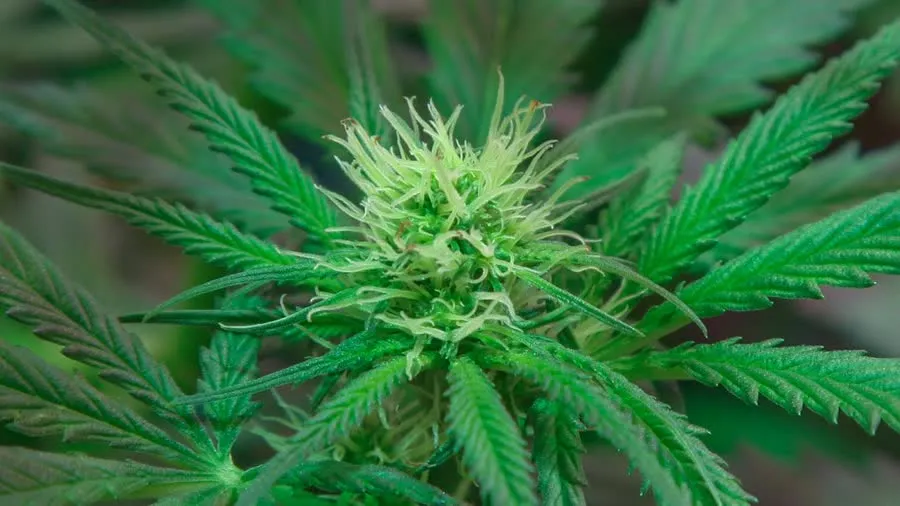
Thailand’s cannabis environment might soon alter as the nation in Southeast Asia outlaws cannabis use for recreational purposes.
After decriminalization allowed for the growth of cannabis shops across the nation, the new Thai government has proposed a bill to change the country’s cannabis laws to outlaw the drug’s recreational usage.
Local news media sites stated that Health Minister Cholnan Srikaew signed a law last weekend that amends the present cannabis regulations, emphasizing that it cannot be used recreationally.
After allowing cannabis for medical use in 2018, Thailand became the first nation in Southeast Asia to decriminalize the drug for recreational use in 2022. However, a profusion of cannabis stores selling items unchecked resulted from the lack of rules. This forced the country’s cannabis policy to be reviewed and specific laws to be established by the newly elected administration in 2023.
The proposed law expressly forbids the use of cannabis for recreational purposes and restricts it to medical usage alone. Furthermore, the law states that only portions of the cannabis plant that are permitted for sale may be sold by approved retailers; this most likely means that the plant’s blossoms cannot be sold owing to the plant’s high THC concentration.

Whether a medical certificate is required to acquire medicinal cannabis is still unclear under the proposed legislation. Legally registered cannabis shops will only be permitted to sell cannabis plant components that are permitted in Thailand, even though it is doubtful that they will lose their licenses.
The proposed legislation seeks to support law enforcement in that regard. The goal of making items with more than 0.2% THC unlawful is to make it easier to prosecute people who use cannabis recreationally.
The measure will subsequently be sent to the Lower House for consideration if the administration accepts its guiding principles.
Thai Cannabis Future Writing Network, a Thai cannabis group, posted a statement on Facebook denouncing the proposed law, claiming that Cholnan signed the bill without following through on his pledge to engage stakeholders.
The general election in Thailand in 2023 brought in a new administration that is adamantly against the usage of cannabis recreationally. They promised to change the current cannabis legislation, which has drawn criticism from a range of social groups and resulted in an uncontrolled market.
The sale of cannabis products for recreational use soon expanded across the nation, even though cannabis was first decriminalized for personal use and its cultivation was primarily meant for industrial uses.
With politicians unwilling to enact the rules required to monitor this growing market, the recreational cannabis sector flourished with no supervision or control. This affects both local and international cannabis usage. Cannabis tourism is a new industry that has emerged as a result of the nation’s loosened cannabis laws.
However, it is yet unclear how stringent the laws governing cannabis usage for recreational purposes would be and whether the proposed legislation will be open to revisions.
The decriminalization of cannabis was made possible in part by the efforts of former Health Minister Anutin Charnvirakul, who may exert some pressure to relax restrictions on its usage for recreational purposes. He even went so far as to suggest in May that one million cannabis plants with THC content of less than 0.2% be given to homes around the country just for medical purposes. His influence could be able to stop the existing cannabis rules from being any stricter. Now that he is the Interior Minister, it is unclear if he will have an impact on the choice or how much weight his ideas will have.
